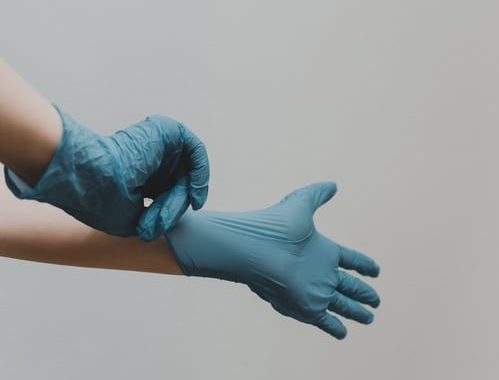From the fresh, white linens to the squeak of polished tile floors, hospitals are some of the cleanest environments you can visit. Janitorial staff are always on hand to scrub and sanitize every surface, and doctors and nurses must follow strict protocols for washing hands and wearing personal protective equipment like masks and gowns. If you have ever wondered what makes hospitals so obsessive about hygiene, consider these four reasons why cleanliness is essential in the medical field.
Prevent the Spread of Germs
Bacteria and viruses are constantly being tracked in by patients and guests. Some of these are harmless, while others are potentially deadly, but they all have to go. Common infections that patients contract in hospitals include clostridium difficile, pneumonia, and meningitis. It’s estimated that approximately one out of every 31 hospital patients has a healthcare-associated infection on any given day, and that number could be much higher without the strict precautions that most hospitals exercise.
Make Procedures Safer
Invasive procedures and surgeries make patients extremely vulnerable to infection, so it’s especially important to control germs and dirt in operating and examination rooms. Surgical wounds can easily become infected from dirty equipment, germs in the environment, or pathogens harbored by medical staff. Instruments used for procedures and exams must be fully sterilized in an autoclave or discarded and replaced after each patient.
Protect Immunocompromised Patients
Every patient in a hospital is vulnerable to infection, but immunocompromised patients are at elevated risk. Careful cleaning is necessary to keep patients with cancer, HIV, genetic immunodeficiencies, and those who are taking immunosuppressant drugs safe while they undergo life-saving treatment. Treatment areas for these patients are often off-limits to visitors and guests.
Reduce Antibiotic Usage
Antibiotic-resistant bacteria are a growing problem, and preventing infections in the first place is an important step in solving it. When bacteria are repeatedly exposed to an antibiotic, they can develop resistance over time, which means that the antibiotic will no longer work. Many healthcare facilities are taking steps to reduce the amount of antibiotics they use by killing bacteria with clinical grade cleaning products like those from GML Enterprise Inc.
Now that you know why cleanliness is essential in the medical field, how can you help hospitals control germs when visiting? Remember to wash your hands before you enter a patient’s room and frequently during your visit. Wear a mask, and avoid visiting if you are sick or have been around anyone with a contagious illness.

